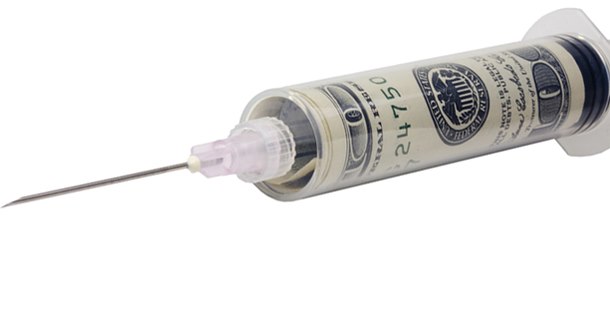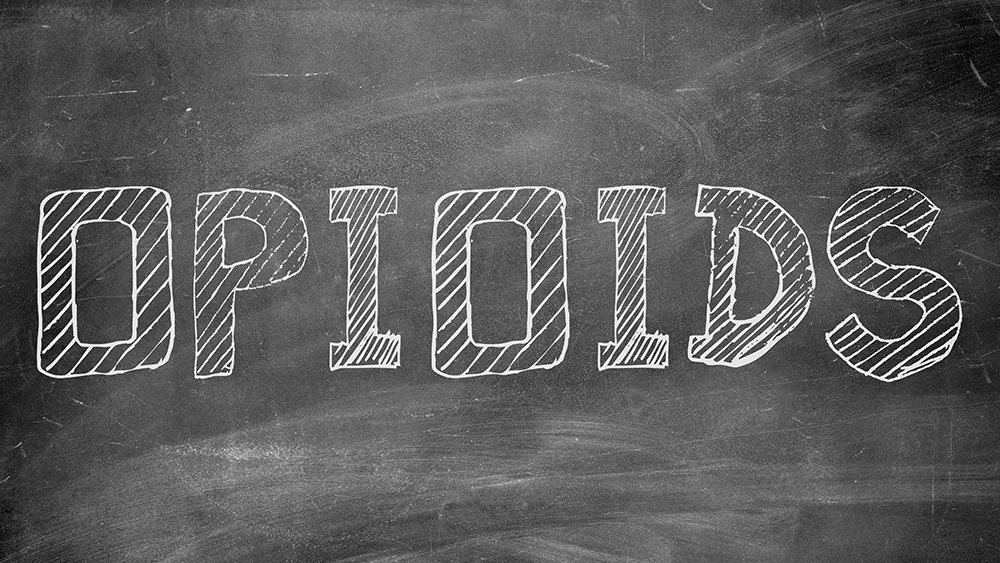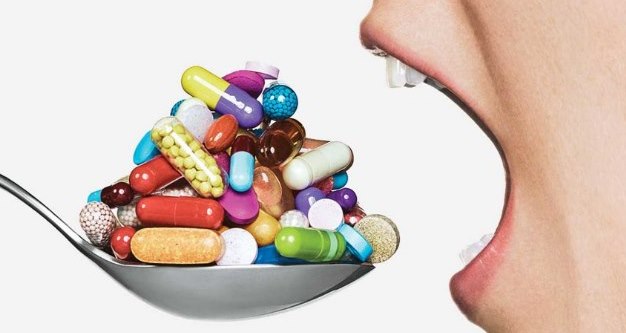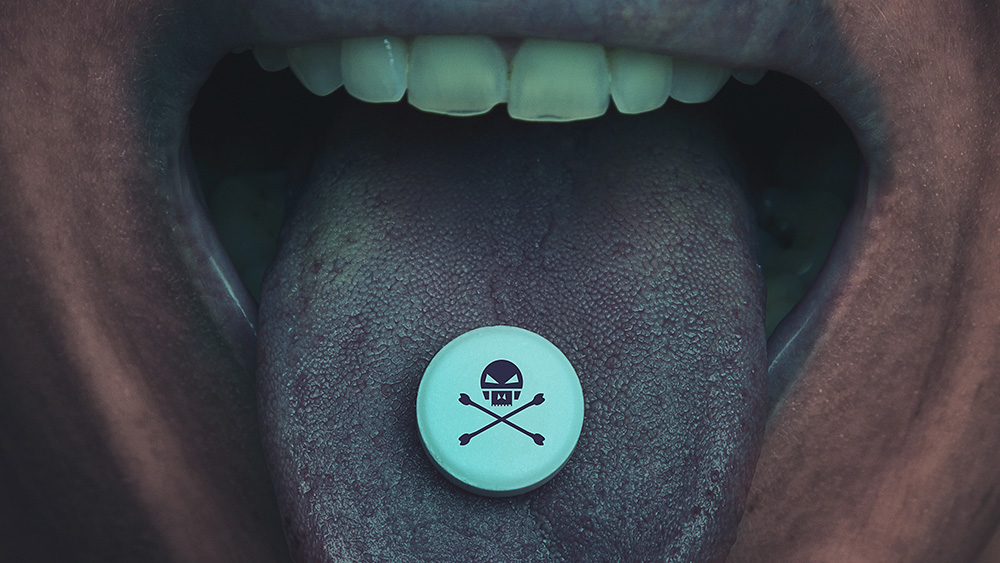Acetaminophen found to be a potent liver toxin… and it’s the No. 1 ingredient in Tylenol
02/01/2019 / By Vicki Batts
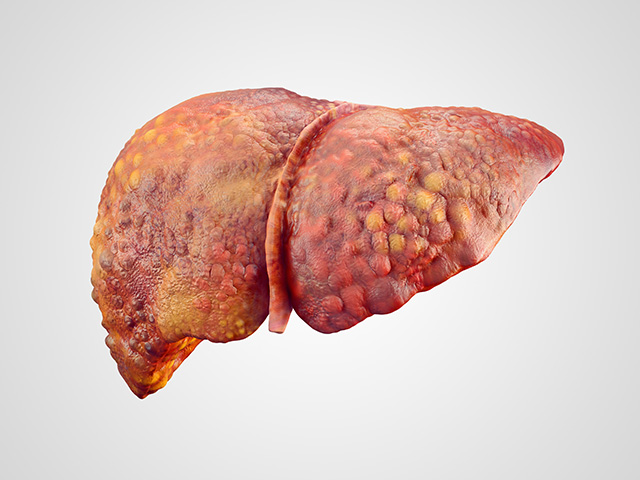
Acetaminophen is a popular over-the-counter pain reliever also sold under the brand name Tylenol. The accessibility of acetaminophen and other non-steroidal anti-inflammatory drugs (NSAIDs) lends credence to pharma industry’s claims that these drugs are safe. But research has consistently shown that acetaminophen and other NSAIDs can be quite dangerous.
Statistics show that acetaminophen is the leading cause of liver failure in the United States. Even just taking a higher-than-recommended dose of acetaminophen for several days can be enough to cause damage to the liver. While Big Pharma may promote acetaminophen and other NSAIDS as being “harmless” drugs, there is overwhelming evidence that this is a myth. More, the promotion of acetaminophen’s safety has been a major disservice to consumers. The reckless marketing tactics of Big Pharma have once again put human lives in jeopardy.
Over-the-counter killer
Acetaminophen overdose is the most common cause of liver failure in the U.S. But as sources note, “overdose” doesn’t just mean a one-time large dose of the drug — it can include taking higher-than-recommended amounts of the drug for an extended time period.
Lots of people take Tylenol two, or even three, pills at a time without much of a second thought. As Harvard Men’s Health Watch reports, acetaminophen can be found in over 600 different drugs — many of which are available over the counter. Cold and flu medicines are a good example. If you’re taking a cold medicine and a pain reliever that both contain acetaminophen, overdose can happen easily in just a matter of days.
While the maximum amount of 4,000 milligrams a day is generally regarded as safe, this amount can still cause serious liver damage in some people. In fact, if you’re taking the maximum amount, it’s recommended that you see a doctor for supervision. That’s how dangerous these “over the counter” drugs actually are.
Estimates suggest there are more than 100,000 phone calls made to poison control centers about acetaminophen annually — far more than any other drug.
As Natural Health 365 reports further:
It is responsible for about 56,000 visits to the emergency room, about 26,000 hospitalizations and an astounding 450 deaths due to liver failure each year. In fact, acetaminophen causes more cases of acute liver failure than all other medications combined.
As it turns out, acetaminophen is a known liver toxin. Even in “normal” doses, the drug can release small amounts of a potent toxin — wreaking havoc on the liver.
According to Natural Health 365, the deleterious effects of acetaminophen can become more pronounced when a person isn’t eating. Taking the drug on an empty stomach can turn even recommended doses of acetaminophen into poison.
The dangers of pharmaceuticals
The liver is so profoundly affected by acetaminophen because it acts as the body’s “filter.” When you take a Tylenol, the drug enters your blood stream through your gastrointestinal tract. From there, it circulates around until it eventually gets to the liver — where it will be metabolized and broken down. During this process, acetaminophen releases a toxin. The toxic byproduct acetaminophen produces is called NAPQI (N-acetyl-p-benzoquinoneimine).
As Very Well reports, when there is too much NAPQI for the liver to process effectively, it starts to damage liver cells, known as hepatocytes.
In addition to liver damage, research has shown that acetaminophen can have a “dulling” effect on your brain.
Tylenol is not the only over-the-counter painkiller linked to health problems. Recent research has shown that ibuprofen can be especially harmful to babies in utero. In baby girls, exposure to the drug can negatively effect fertility later in life.
While pharmaceuticals leave much to be desired, there are many natural alternatives for pain relief. You can learn more about what heals and what harms at Medicine.news.
Sources for this article include:
Tagged Under: Acetaminophen, bad drugs, Big Pharma, liver damage, liver health, pain killers, pain relief, poison, toxic ingredient, toxins, Tylenol
RECENT NEWS & ARTICLES
COPYRIGHT © 2017 OVERDOSE.NEWS


